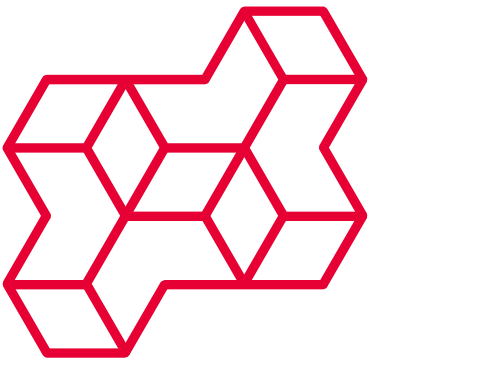In the PhD program ROMSOC Reduced Order Modeling, Simulation and Optimization of Coupled Systems, young scientists work together in a network of twelve academic institutes and eleven industrial partners from a total of seven countries. The project is coordinated by Prof. Dr. Mehrmann from TU Berlin and ZeTeM is involved with a subproject.
The University of Bremen participates in the ROMSOC PhD program with the subproject Data Driven Model Adaptations of Coil Sensitivities in MR Systems. The project aims to develop mathematical methods that play an important role in the increasingly virtual development of industrial products and processes: Modern product development is increasingly based on the simulation and optimization of virtual products and processes, with mathematical models serving as quasi digital twins of the real product or process and forming the basis for the control and optimization of their design and functionality. These models have to meet very different requirements. The challenge is to develop a model hierarchy on different scales, in which the different physical and also economic phenomena of the considered systems are suitably represented by model coupling.
Beyond the scientific work, the PhD students will be trained for the challenges of multidisciplinary and international collaboration. The scientific work is embedded in a jointly organized doctoral program - with courses and workshops for technical content as well as soft skills; supervision is provided by mentors from the academic and industrial partners.

